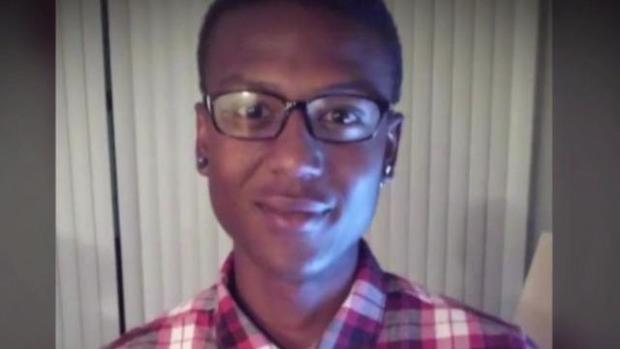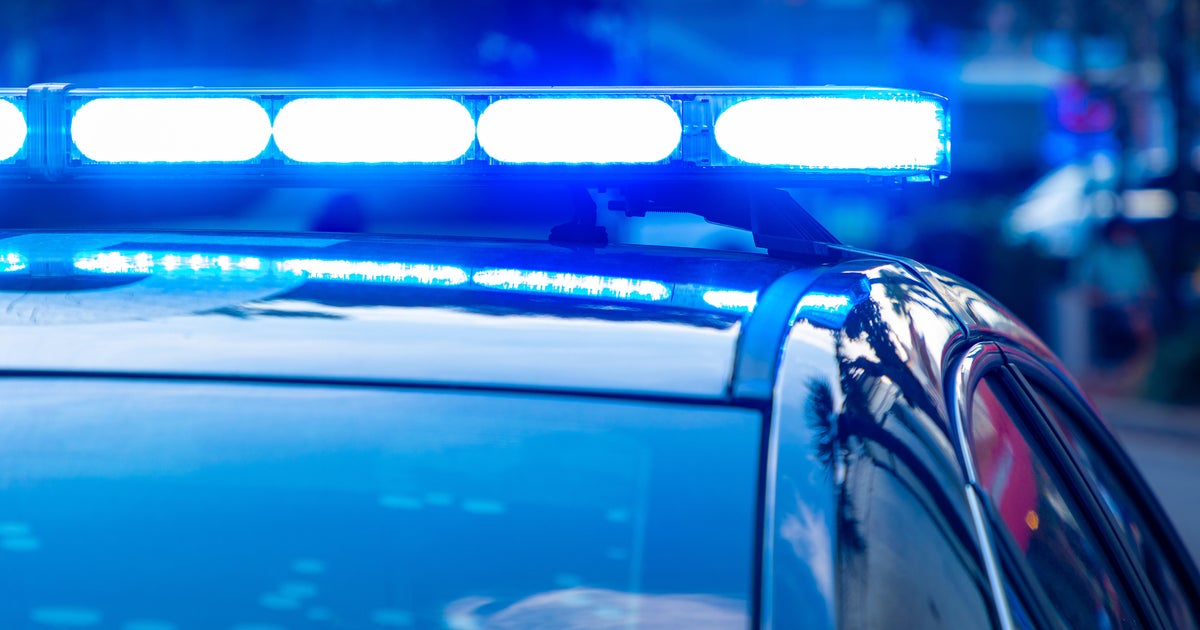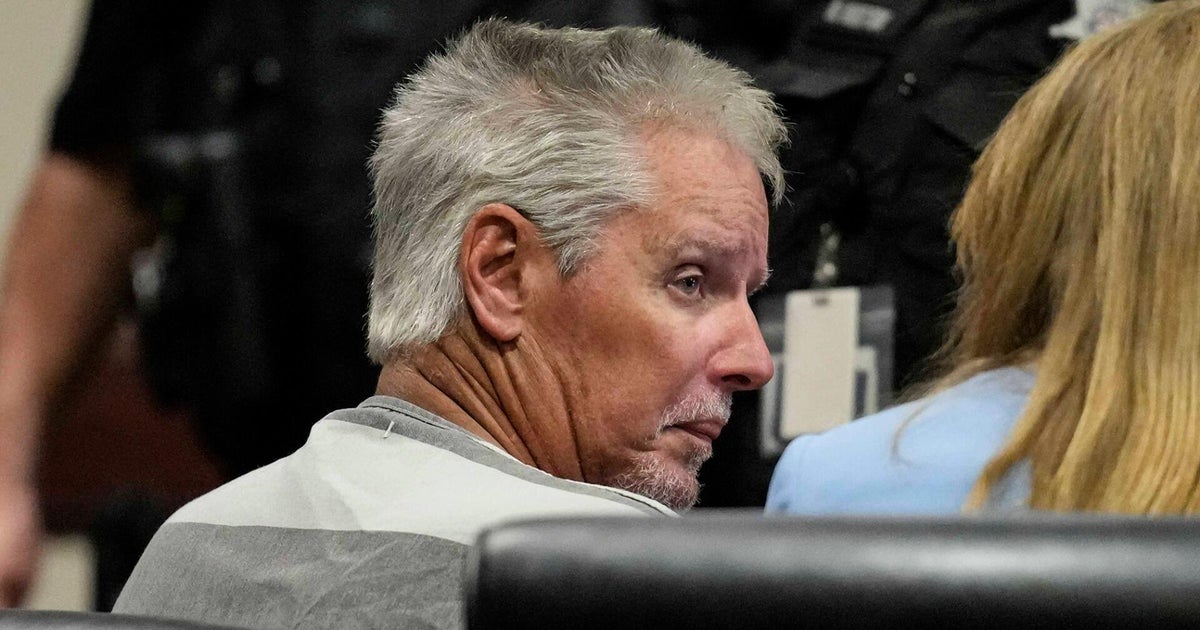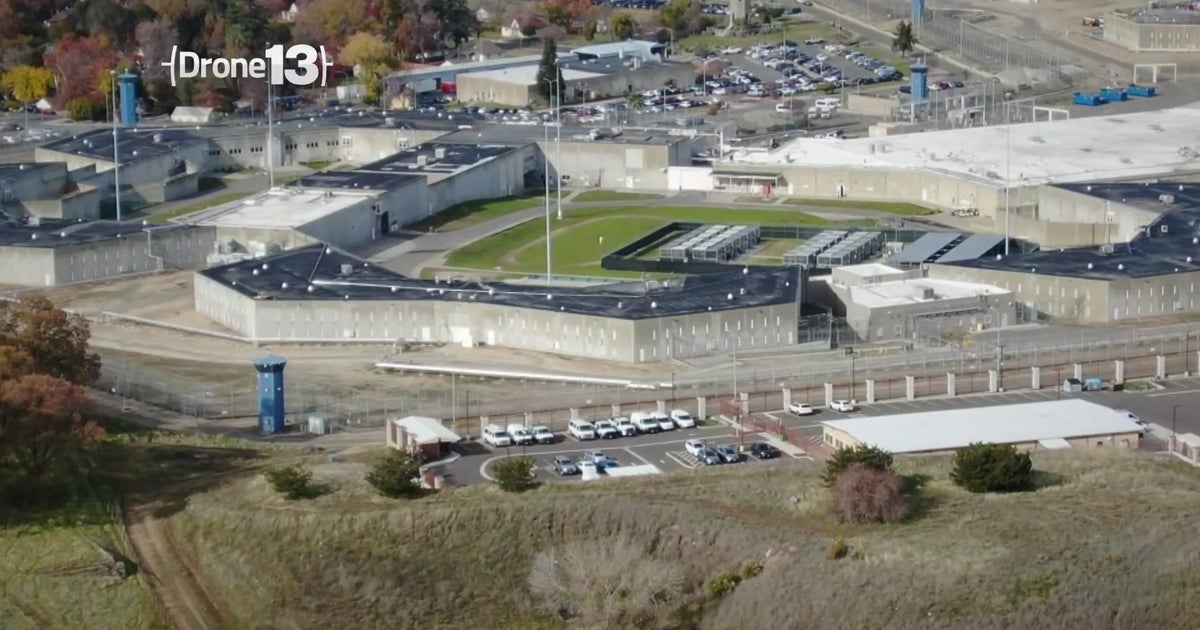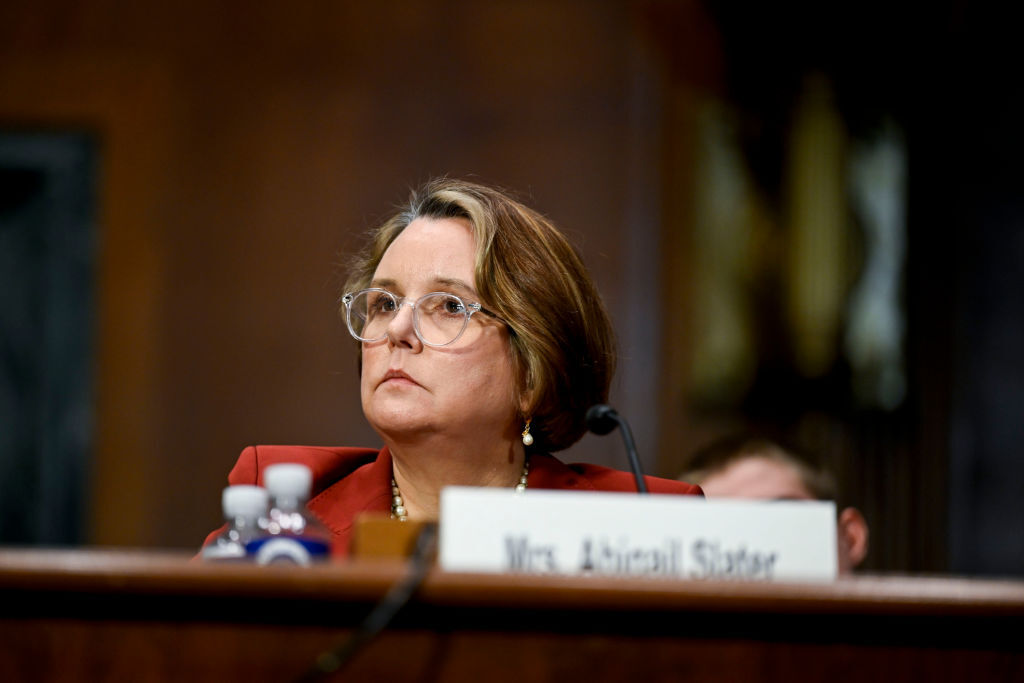Colorado grand jury will investigate death of Elijah McClain
A grand jury in Colorado will review the death of Elijah McClain, the 23-year-old Black man who died after he was put in a chokehold by Aurora police in August 2019, the state's attorney general announced Friday. The grand jury investigation comes as part of an independent investigation ordered by Governor Jared Polis in June, following nationwide protests over the police killings of Black Americans.
"Under the Governor's executive order, the Attorney General's Office continues to conduct an independent investigation concerning the events of August 24, 2019, involving Elijah McClain and his subsequent death," the attorney general's office said in a statement. The office described the grand jury as "an investigative tool that has the power to compel testimony from witnesses and require production of documents and other relevant information that would otherwise be unavailable."
McClain died after police officers confronted him on the street on August 24, 2019, following a 911 call about a person wearing a mask and acting oddly. When police tried to restrain him, McClain resisted, saying, "Can you leave me alone, you guys started to arrest me and I was stopping my music to listen, now let me go," according to a November 2019 report from District Attorney Dave Young.
The altercation escalated after an officer said he saw McClain reaching for one of their guns, prompting another to put him in a chokehold, according to the report.
McClain fell unconscious, but later woke up, and was sedated with ketamine because he allegedly became aggressive, according to Young's report. He went into cardiac arrest while being transported to the hospital and died days later.
Young declined to press charges, saying there was not enough evidence. But in the wake of the police killings of George Floyd and Breonna Taylor, the case gained renewed attention. The District Attorney's Office received more than 10,000 phone calls and 2,000 emails calling for the three officers involved in McClain's death to be charged, CBS Denver reported.
So far, no officers have been charged in connection with McClain's death. But one officer on the scene the night he died and two other members of the Aurora Police Department were fired in July over a photo reenacting the chokehold used on McClain. The attorney general is also conducting an investigation into the Aurora Police Department.
The city is also reviewing McClain's death, and has said it will investigate the use of ketamine to sedate him. Police reports obtained by "CBS This Morning" this summer showed that paramedics gave him 500 milligrams of ketamine because they estimated his weight at 220 pounds — but he weighed approximately 140.
The coroner could not determine a cause of death, but said the ketamine may have contributed. The city of Aurora voted in September to temporarily ban first responders from using the drug to subdue suspects during an arrest.
The attorney for McClain's family told CBS Denver that she was skeptical of the decision to use a grand jury to investigate the case. "Prosecutors are not required to use a grand jury and don't in most cases, so we are forced to question whether this is yet another example of law enforcement being held to a different standard than every other person being investigated for murder," said attorney Mari Newman.
"Prosecutors have considerable influence in whether a grand jury recommends criminal charges," Newman added. "But the grand jury process is cloaked in secrecy, and unfortunately, prosecutors frequently use grand juries as a way to pass the buck, steering the grand jury to decline to bring charges, or to bring only minor charges. If the grand jury in Elijah McClain's case doesn't indict the officers and medics responsible for killing him, it will be because the attorney general's office did not want charges to be brought. That would be a grave injustice."
